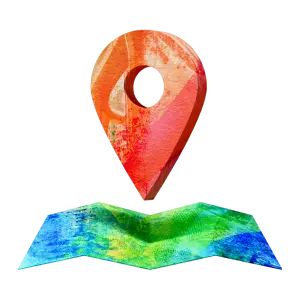Polský zlotý (PLN)
Polský zlotý je oficiální měnou Polska. Nejpopulárnější směna zlotých je s eurem. Jeho mezinárodní zkratka je PLN a jeho symbol je zł. Jedná se o měnu s nuceným oběhem.
Název měny
Polský zlotý
Symbol měny
zł
PLN směnné kurzy
| USD | EUR | GBP | INR | CHF | KRW | NOK | CZK | |
|---|---|---|---|---|---|---|---|---|
| Z PLN | 0.24819 | 0.23725 | 0.19943 | 21.42460 | 0.22506 | 356.40000 | 2.79132 | 5.95113 |
| Do PLN | 4.02910 | 4.21500 | 5.01434 | 0.04668 | 4.44337 | 0.00281 | 0.35825 | 0.16803 |
Pozor na špatné směnné kurzy.Banky a tradiční zprostředkovatelé mají většinou extra náklady, které přenesou na vás nastavením směnného kurzu. Díky naší chytré technologii jsme efektivnější - což znamená, že dostanete výhodný kurz. Pokaždé.
| Jméno | polský zlotý (PLN) |
|---|---|
| Symbol | zł |
| Minor Unit | Grosz (1/100 of a Złoty) |
| Minor Unit Symbol | gr |
| Notes Freq Used | zł10, zł20, zł50, zł100, zł200, zł500 |
| Coins Freq Used | 1, 2, 5, 10, 20, 50 groszy, zł1, zł2 |
| Central Bank | National Bank of Poland (NBP) |
| Uživatelé | Polsko |
Facts Table for polský zlotý (PLN)
The Polish Zloty serves as Poland's official currency, with PLN as its currency code and zł as its symbol.
Derived from the Polish adjective 'golden' in its masculine form, the word złoty has a close connection to the guilder, while its subunit, the grosz, is rooted in the groschen, akin to the English term 'groat.' It officially entered circulation on 28 February 1919, replacing its precursor, the Polish marka, and began circulating in 1924. The exclusive entities authorised for the production of złoty coins and banknotes are the Polish Security Printing Works (PWPW), established in Warsaw on 25 January 1919, and Mennica Polska, founded in Warsaw on 10 February 1766.
Due to inflation in the early 1990s, the currency underwent a redenomination. Thus, on 1 January 1995, a revaluation occurred, where 10,000 old złoty (PLZ) equated to one new złoty (PLN). As a member of the European Union, Poland is bound to embrace the euro upon fulfilling specific criteria, although no definite timeline exists for meeting these conditions.
The official currency symbol, zł, is constructed from the lowercase z and ł, representing the initial letters of "złoty." This symbol lacks a single representation in the Unicode Standard, although it was previously present in Polish typewriters and computers. The subunit symbol, 'grosz,' is depicted as lowercase gr.

Polish Złoty and the European Union
Upon Poland's accession to the European Union in May 2004, one of the commitments involved eventually adopting the euro, contingent upon meeting requisite stability standards. While discussions about entering the Eurozone have been significant, amendments to article 227 of the Constitution of the Republic of Poland would be necessary beforehand. Public sentiment, reflected in recent surveys commissioned by the European Commission, indicates approximately 60% support for adopting the Euro.